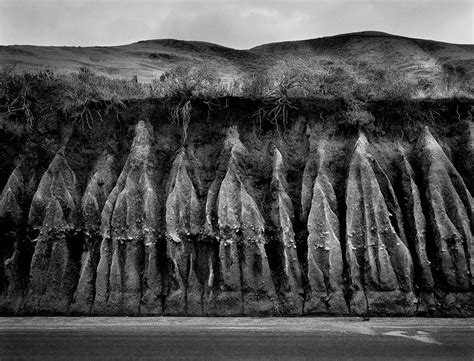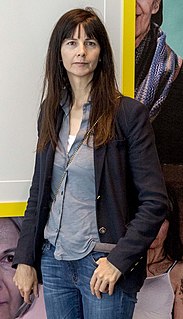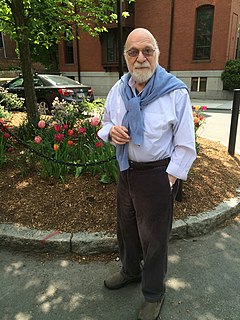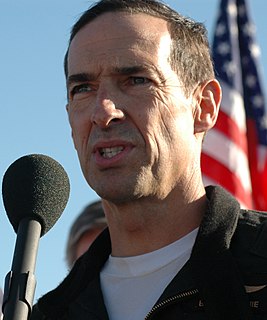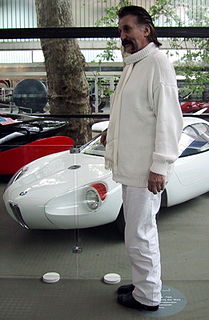A Quote by Douglas Sirk
Your camera is the best critic there is. Critics never see as much as the camera does. It is more perceptive than the human eye.
Related Quotes
The camera is not only an extension of the eye but of the brain. It can see sharper, farther, nearer, slower, faster than the eye. It can see by invisible light. It can see in the past, present, and future. Instead of using the camera only to reproduce objects, I wanted to use it to make what is invisible to the eye - visible.
The contemporary artist...is not bound to a fully conceived, previsioned end. His mind is kept alert to in-process discovery and a working rapport is established between the artist and his creation. While it may be true, as Nathan Lyons stated, 'The eye and the camera see more than the mind knows,' is it not also conceivable that the mind knows more than the eye and the camera can see?
The camera has a mind of its own--its own point of view. Then the human bearer of time stumbles into the camera's gaze--the camera's domain of pristine space hitherto untraversed is now contaminated by human temporality. Intrusion occurs, but the camera remains transfixed by its object. It doesn't care. The camera has no human fears.
The difference between an amateur and a professional photographer is that the amateur thinks the camera does the work. And they treat the camera with a certain amount of reverence. It is all about the kind of lens you choose, the kind of film stock you use… exactly the sort of perfection of the camera. Whereas, the professional the real professional – treats the camera with unutterable disdain. They pick up the camera and sling it aside. Because they know it’s the eye and the brain that count, not the mechanism that gets between them and the subject that counts.
With photography, everything is in the eye and these days I feel young photographers are missing the point a bit. People always ask about cameras but it doesn't matter what camera you have. You can have the most modern camera in the world but if you don't have an eye, the camera is worthless. Young people know more about modern cameras and lighting than I do. When I started out in photography I didn't own an exposure meter - I couldn't , they didn't exist! I had to guess.
Under examination by the camera, a human body becomes for its inhabitant a field of betrayal more than a ground of communication, and the camera's further power is manifested as it documents the individual's self-conscious efforts to control the body each time it is conscious of the camera's attention to it.
A huge part of what we do as actors is learning to ignore the camera, as if it's not even there, while simultaneously being very aware of the camera and what it's capturing, because you can give the best performance of your life, but if you do it with the back of your head facing the camera, it's going to get cut from the movie.

